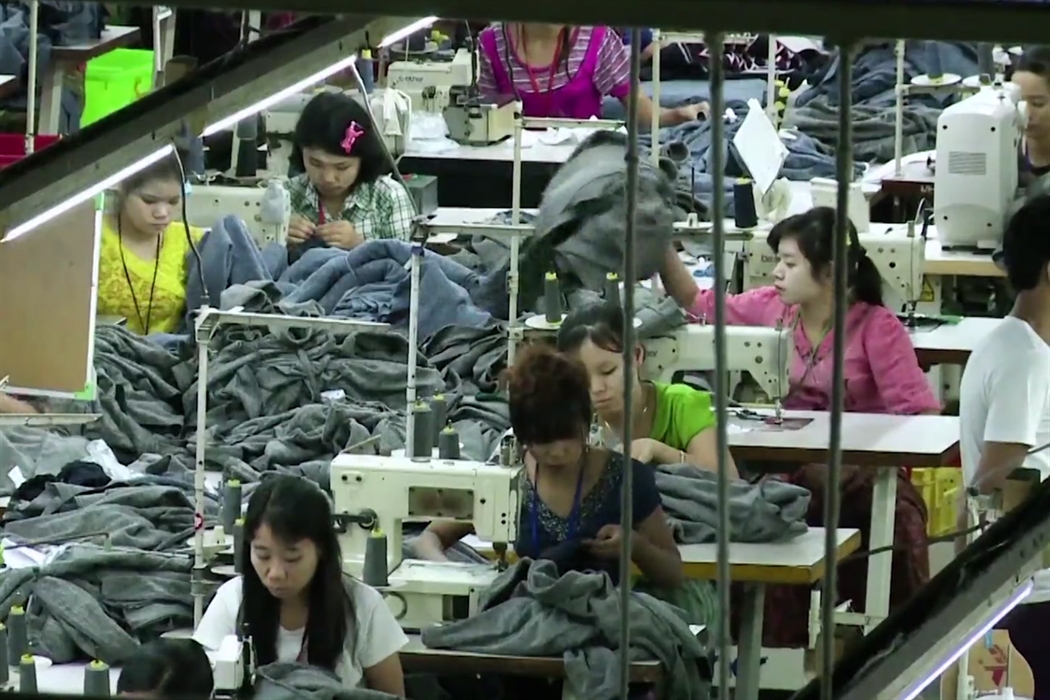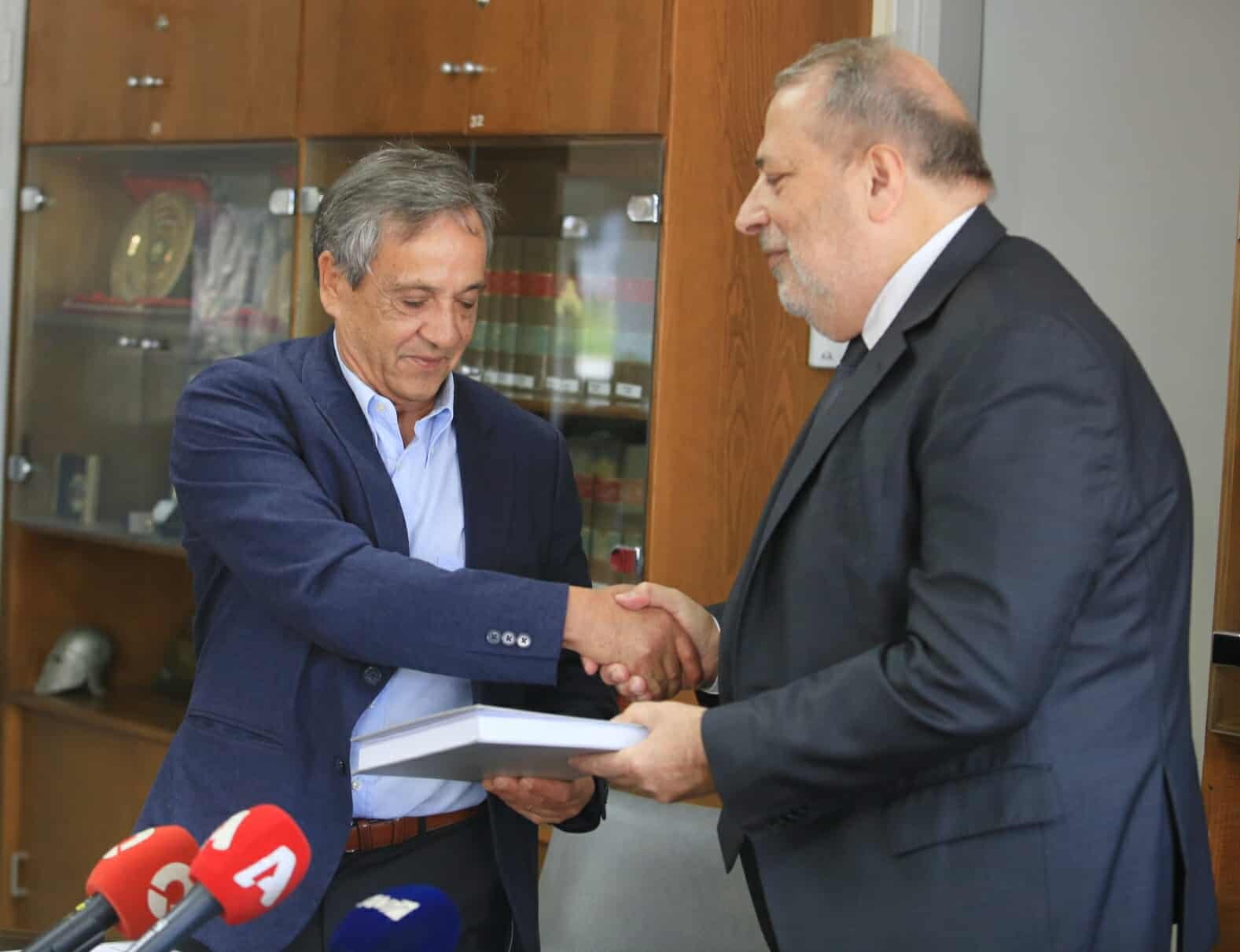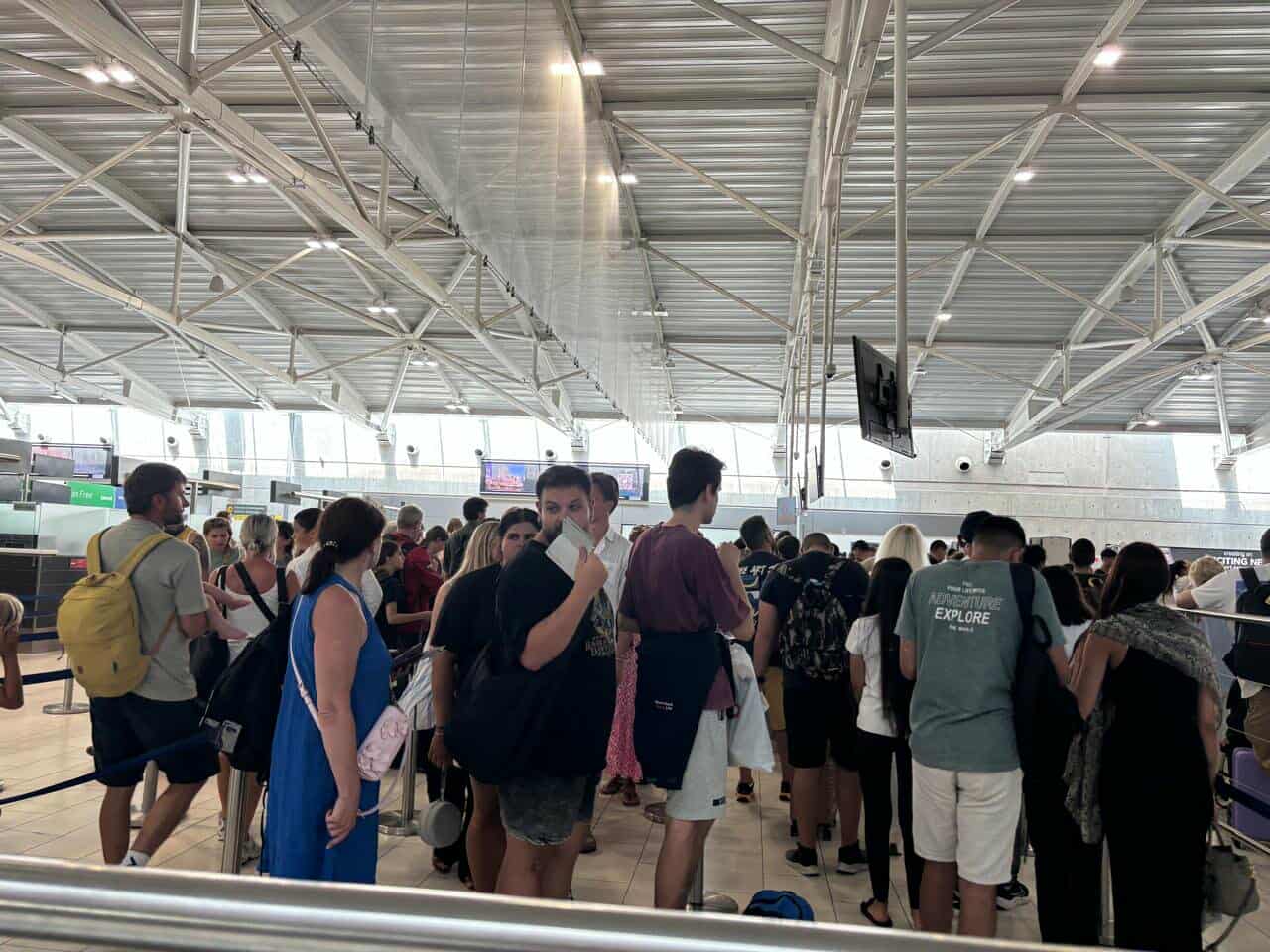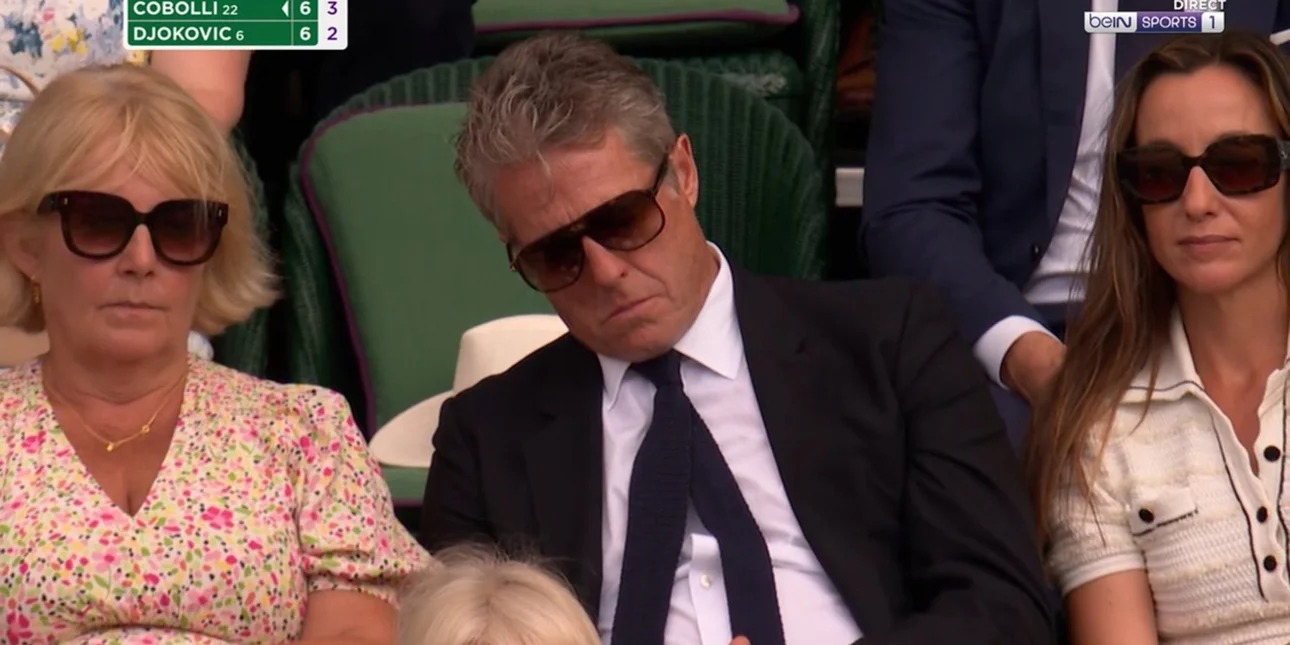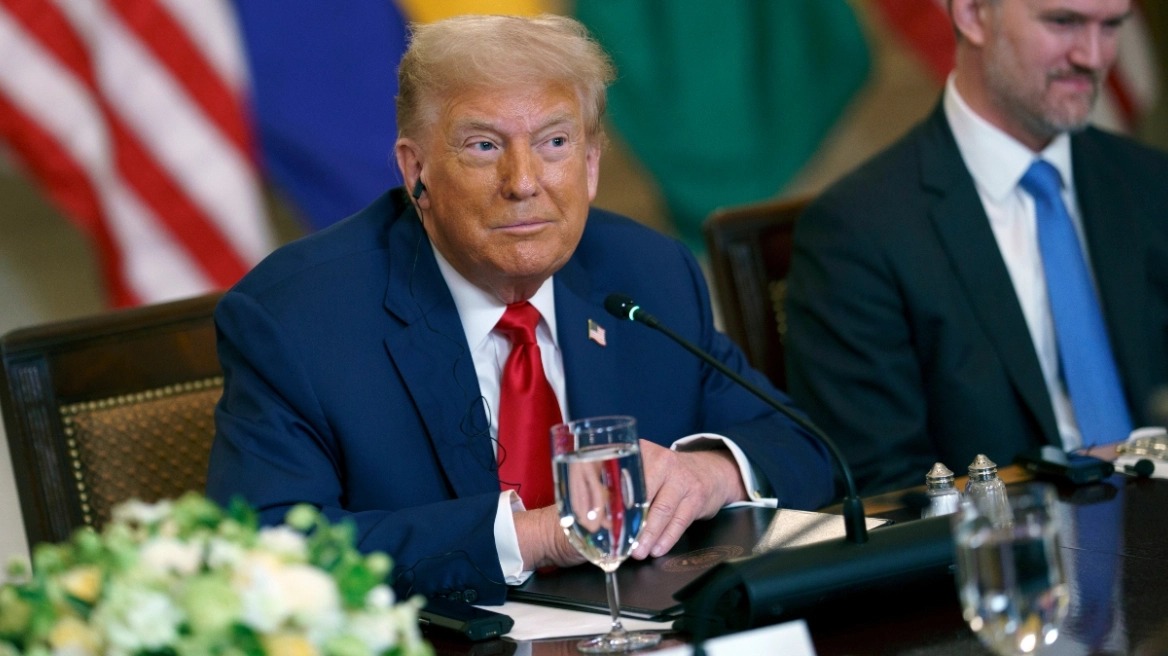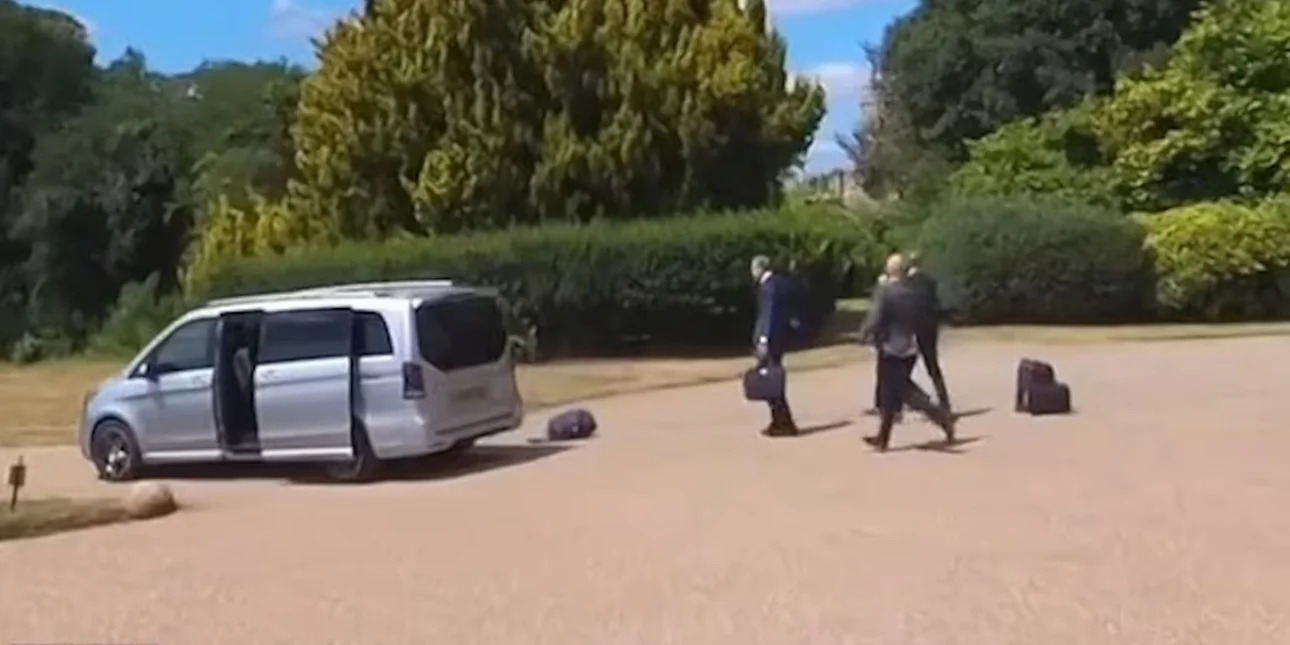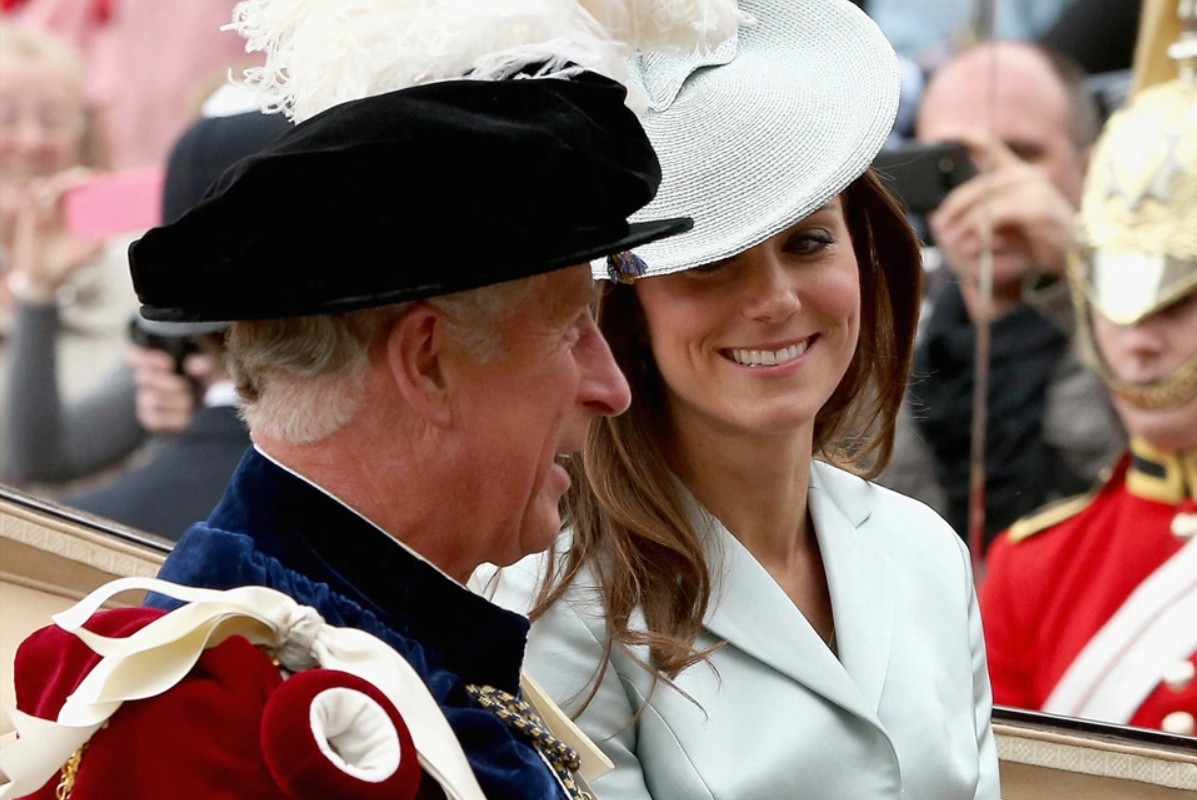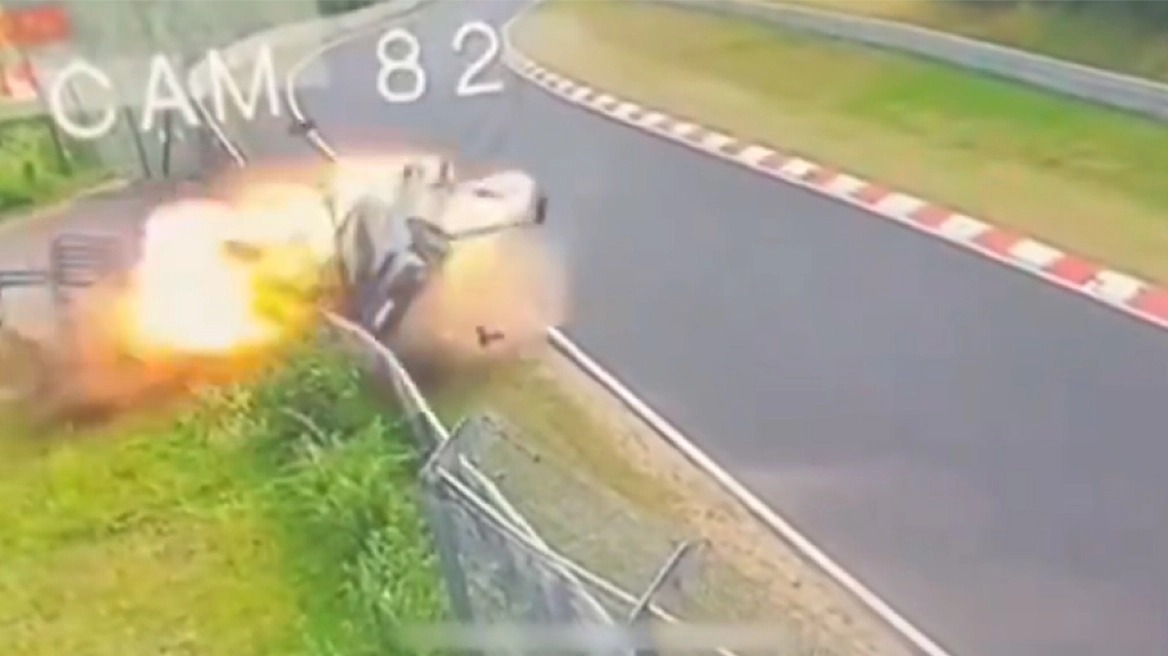Preferential trade access
One of the EU’s main tools to protect human rights and labour rights in non-EU countries is the Generalised System of Preferences (GPS). This scheme grants 90 developing countries preferential trade access to the EU market. However, this depends on them respecting human rights. Access can be withdrawn when systematic violations occur.
The EU’s strategy is to encourage gradual progress through dialogue and monitoring. Sanctions are used only in extreme cases. Suspension of GSP preferences has occurred three times: with Myanmar in 1997, Belarus in 2007 and Sri Lanka in 2010.
While the scheme has led beneficiary countries to make legislative and institutional changes to promote human rights, implementation has been slower in a number of countries.
Trade restrictions
The EU can also impose unilateral trade restrictions or set due diligence obligations for importers to ensure that money from trade with the EU is not being used to fund conflict and human rights violations in these countries.
The EU also has strict rules to prevent the use of European goods and technologies for unethical intentions elsewhere, for example medical substances that could be used in executions.
Imports of items whose production is related to human rights violations are also restricted, including conflict minerals and objects that can be used for torture.
The EU has taken steps to ban the import of conflict related minerals.
In 2002, after recognising the impact international trade in diamonds has on human rights, the EU adopted rules that ban all imports of rough diamonds without a certificate of origin. Similarly, minerals, used in the production of, for example high-tech devices, often stem from countries afflicted by conflict. The revenue gained from minerals exported to the EU often sustained armed revolts.
Export ban on torture goods
Since 2004, an export control system is in place, which checks and prohibits goods that may be used to treat people badly. Authorisation is necessary for items that have legitimate purposes but that can also be used for human rights violations, such as medicinal substances.
The rules also include a ban on the marketing and transit of equipment used for cruel, inhumane and degrading treatment that have no other practical use than execution or torture, such as electric chairs or automatic drug injection systems.
Export control for trade in items that can be used to violate human rights
The EU has rules to ensure that products and technologies originally produced for civilian use in Europe cannot be used to violate human rights.
Dual-use items are goods, software, or technology that, besides their original purpose, can be abused. Examples of other uses include developing weaponry, committing terrorist attacks, spying on people, or infiltrating computer systems, hacking computers, or intercepting mobile phones.
An update of the rules is being discussed featuring stricter export controls, brokering, transit and transfer of dual-use items and taking into account technological developments. Export controls are facilitated by a common EU list of dual-use items.
EU rules to prevent worker exploitation
In 2017, Parliament adopted a resolution calling for EU rules obliging textile and clothing suppliers to respect workers’ rights. It proposed a due diligence obligations system, meaning investigation into the standards of human rights before entering a trade agreement. Non-EU countries would have to comply with EU norms to produce sustainable and ethical textiles. Parliament also wants the EU and member states to promote International Labour Organisation standards on wages and working hours with partner countries in the garment sector.
Child and forced labour
A 2016 Parliament resolution calls for ways to trace evidence of forced and child labour. Measures include labelling child-labour-free products, giving trade preferences to countries that meet certain labour standards and prohibiting the import of products made by child labour.
The implementation of an effective traceability mechanism would steer towards a complete ban on such products. The resolution also calls for the combating of forced and child labour to be included in the trade and sustainable development chapters of EU agreements to promote human rights through international trade.

